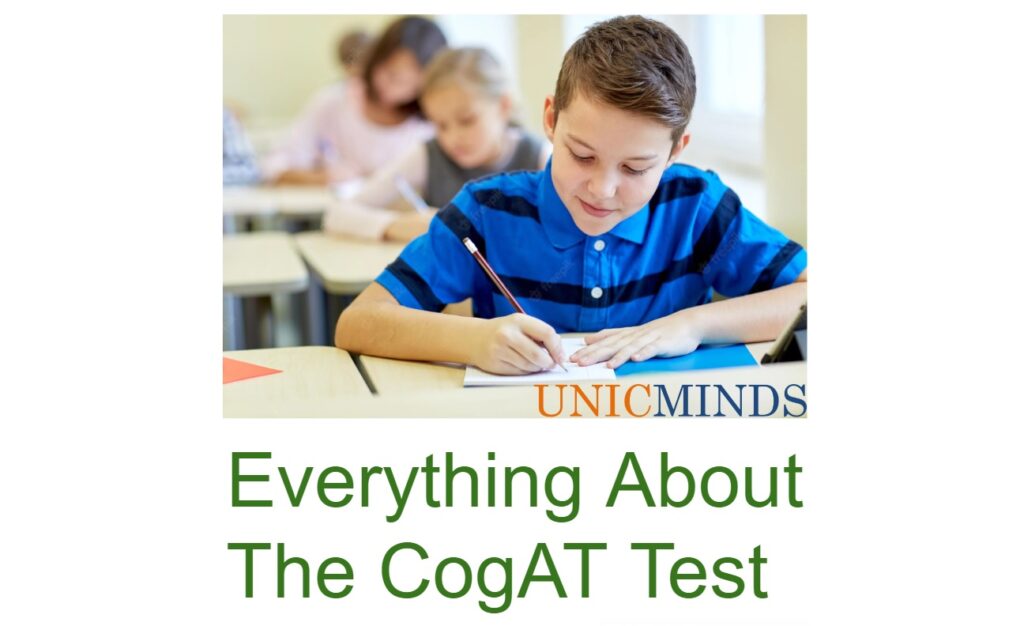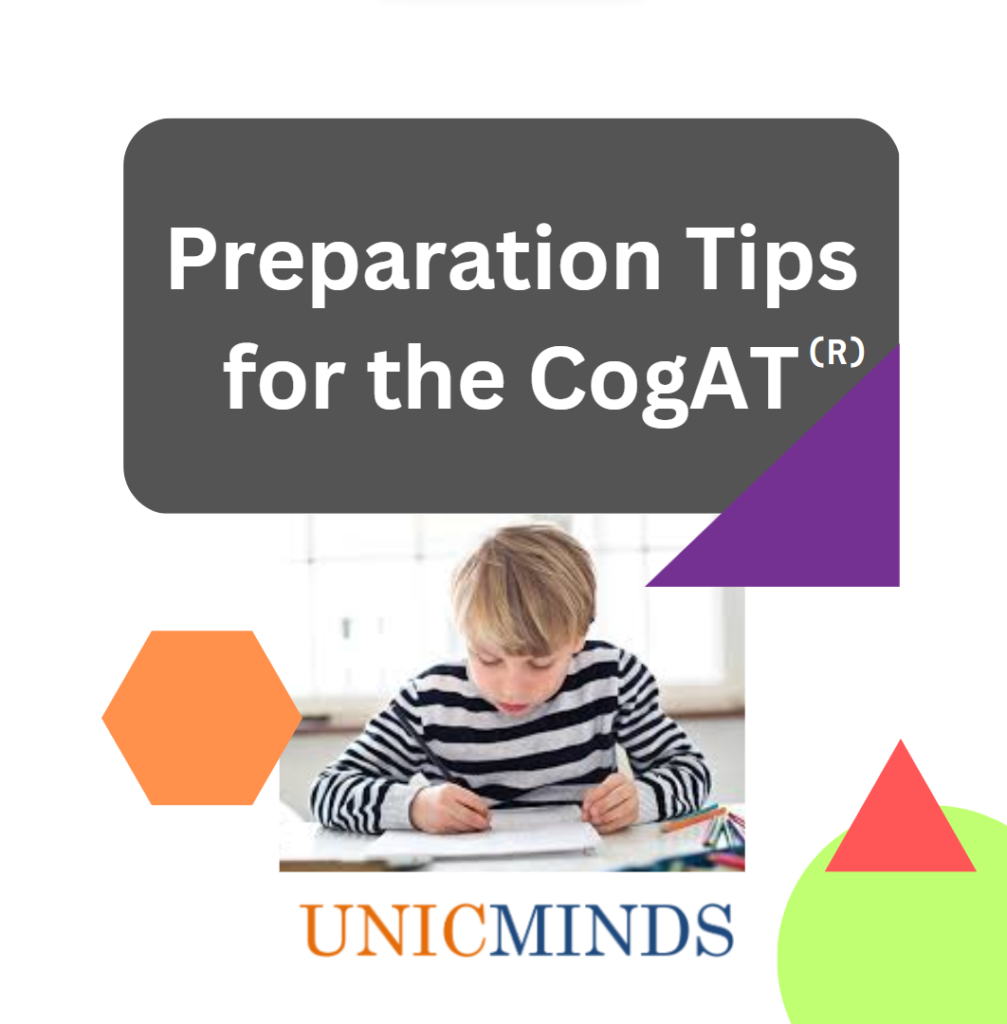Gifted testing starts early, as early as Kindergarten, but testing children as young as two is largely not considered necessary and accurate. Gifted testing is considered more accurate between the ages six and nine. In an assessment, a trained professional uses their expertise and experience to work out the best test for your child. The results of this test, along with the classroom performance and interview, provide the basis for a child’s educational profile.
How do I get a Gifted Assessment done for my child?
Having your child do an assessment sounds easy, but it is not as straightforward as it sounds. You’ve to first understand the gifted policy of a school. It is possible that the school may not offer gifted testing. So, start with checking the gifted policy on the school website. In case there is not much you are able to gather from the school, then reach out to the local education board, teachers association, and coordinators to discuss this matter and gain direction. They can help you understand and move in the right direction to have your child take the gifted assessment. Schools might want to give a screener first before giving the full test later in the academic year.
What are Gifted tests?
There are various types of Gifted tests such as CogAT, NNAT, CCAT, OLSAT, and more.
- Cognitive Abilities Test (CogAT)
- Naglieri Nonverbal Ability Test (NNAT)
- Canadian Cognitive Abilities Test (CCAT)
- Otis-Lennon School Ability Test (OLSAT)
- Universal Nonverbal Intelligence Scale (UNIT-2)
- Comprehensive Test of Nonverbal Intelligence (CTONI-2)
- Woodcock Johnson Test of Cognitive Abilities (WJ-IV Cog)
It is entirely up to the Gifted Teacher or Gifted Coordinator in the respective school to choose which particular test or tests are appropriate to decide on the gifted abilities of students. Some coordinators will use the CogAT to evaluate completely. Some coordinators will use the CogAT and NNAT as a combination (they may trust NNAT more to evaluate the nonverbal abilities). Similarly, some may use the OLSAT and others.
You need to discuss the gifted tests that will be used for admission into the gifted program of the particular school.
What to do if your child is gifted?
Move your child to a gifted program where he or she can be challenged with deeper knowledge and a more fast-paced program. Monitor the situation so that the child is not overwhelmed and is learning happily. We may sometimes question that – really, our child is gifted? Believe it or not, most great people who move mountains shoulders above their peers usually show those signs of greatness early in life – at most by the ages of 9-10. They show signs that they’re far better than their peers and are ready to take up high challenges. So, after all it is not a surprise for children to be tested and then highlighted for giftedness. But, it is important to note that this only says that the child has tremendous potential and intelligence. Eventually, it needs to translate into effort which is what gives them results.
Learn more about our coaching program for gifted tests such as CogAT, OLSAT, CCAT and even for tests such as MAP. We provide both 1:1 live classes and preparatory material for CogAT that you can purchase and practice on your own.
Hope this is useful, thank you.




